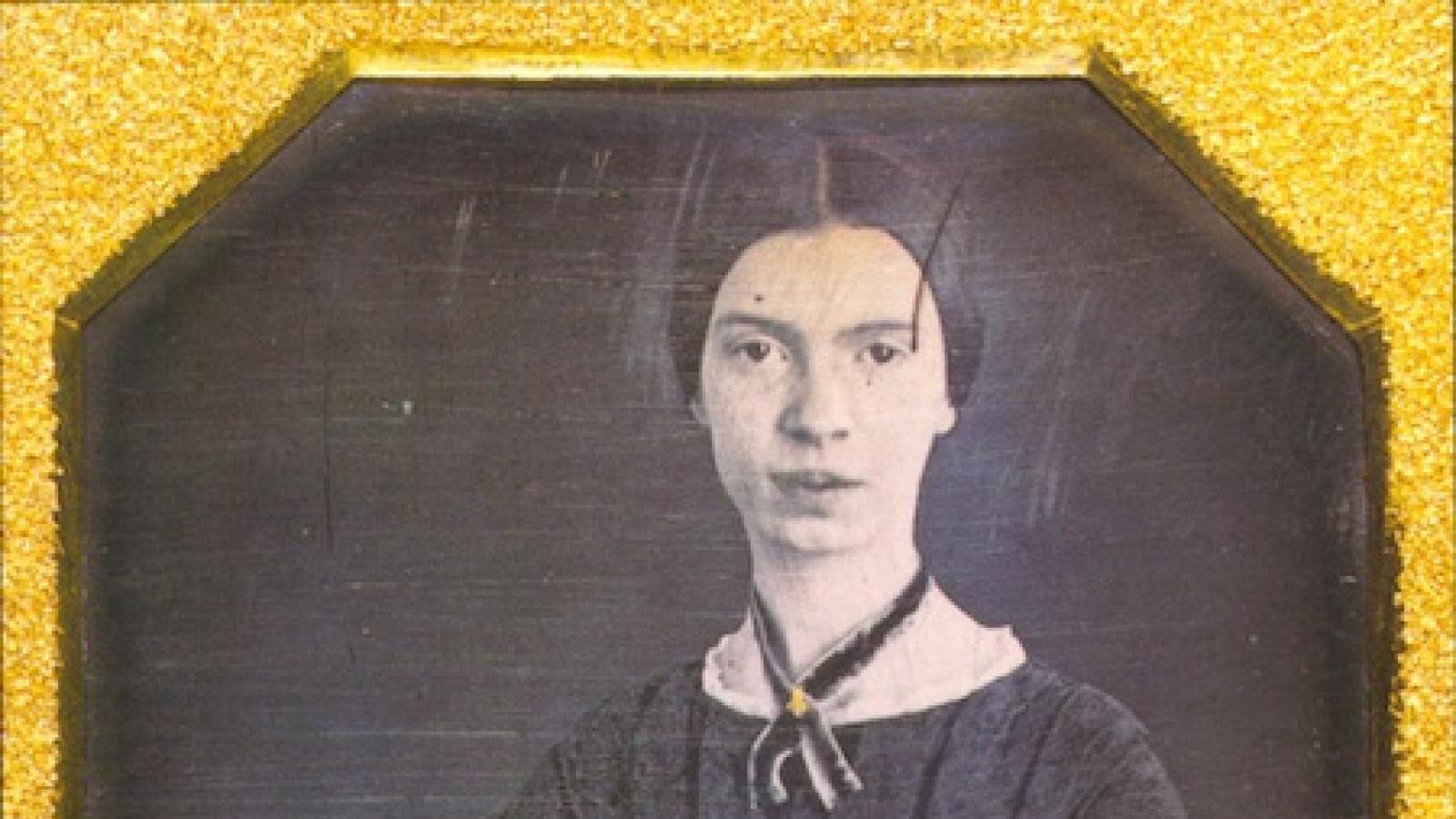Ecstasy in Living

Emily Dickinson was, it's been noted, progressive for her time, her time being the late 1800s. In the poem featured below, we see how she skillfully, and slyly, reveals how she's not your typical, church-going woman. After you read the poem, you'll find an excerpt by former president of the Poetry Foundation, John Barr, who decodes Dickinson's archaic language. Beneath the poem, please listen to poet Mary Jo Salter read it out loud.
"Some keep the Sabbath going to Church -
I keep it, staying at Home -
With a Bobolink for a Chorister -
And an Orchard, for a Dome -
Some keep the Sabbath in Surplice -
I, just wear my Wings -
And instead of tolling the Bell, for Church,
Our little Sexton - sings.
God preaches, a noted Clergyman -
And the sermon is never long,
So instead of getting to Heaven, at last -
I'm going, all along."
From Barr's essay: "Dickinson was a locally renowned gardener, and that comes into the first stanza: 'With a Bobolink for a Chorister - and an Orchard, for a Poem.' Dickinson’s high wit is also at work in the poem: 'Some keep the Sabbath in Surplice - I just wear my Wings.' Do those wings make her another bobolink in the orchard, or is she teasing, tongue-in-cheek, that she is an angel, and therefore above the fallen mortals in town, who do need to go to church? The final stanza of the poem borders on the wickedly funny. She calls God 'a noted Clergyman,' whose 'sermon is never long,' unlike the ones in church. The poem ends with what turns out to be a tightly reasoned argument on why God is better found in a garden than a church: 'So instead of getting to Heaven, at last - I’m going, all along.'”
You can listen to John Barr's essay and Mary Jo Salter's readings here in the Big Read Literary Landmark audio homage to Dickinson's life and work.




